Foot and Ankle
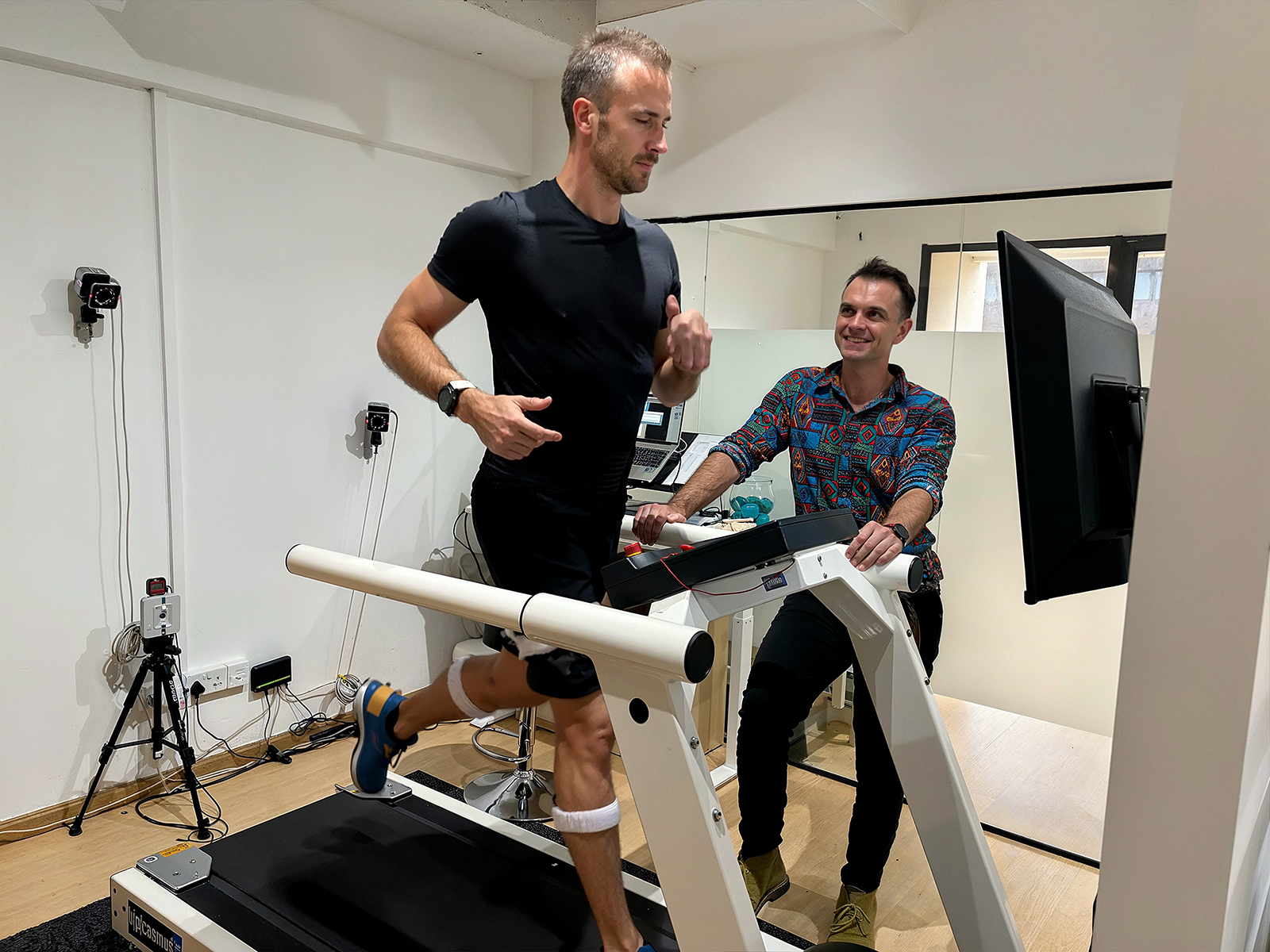
From pain in the arch of your foot, heel spurs, sports injuries, osteoarthritis and dysfunctions that affect children and the elderly, our podiatry team diagnoses the root cause of your condition to develop the right treatment plan for you.
Stress Fracture
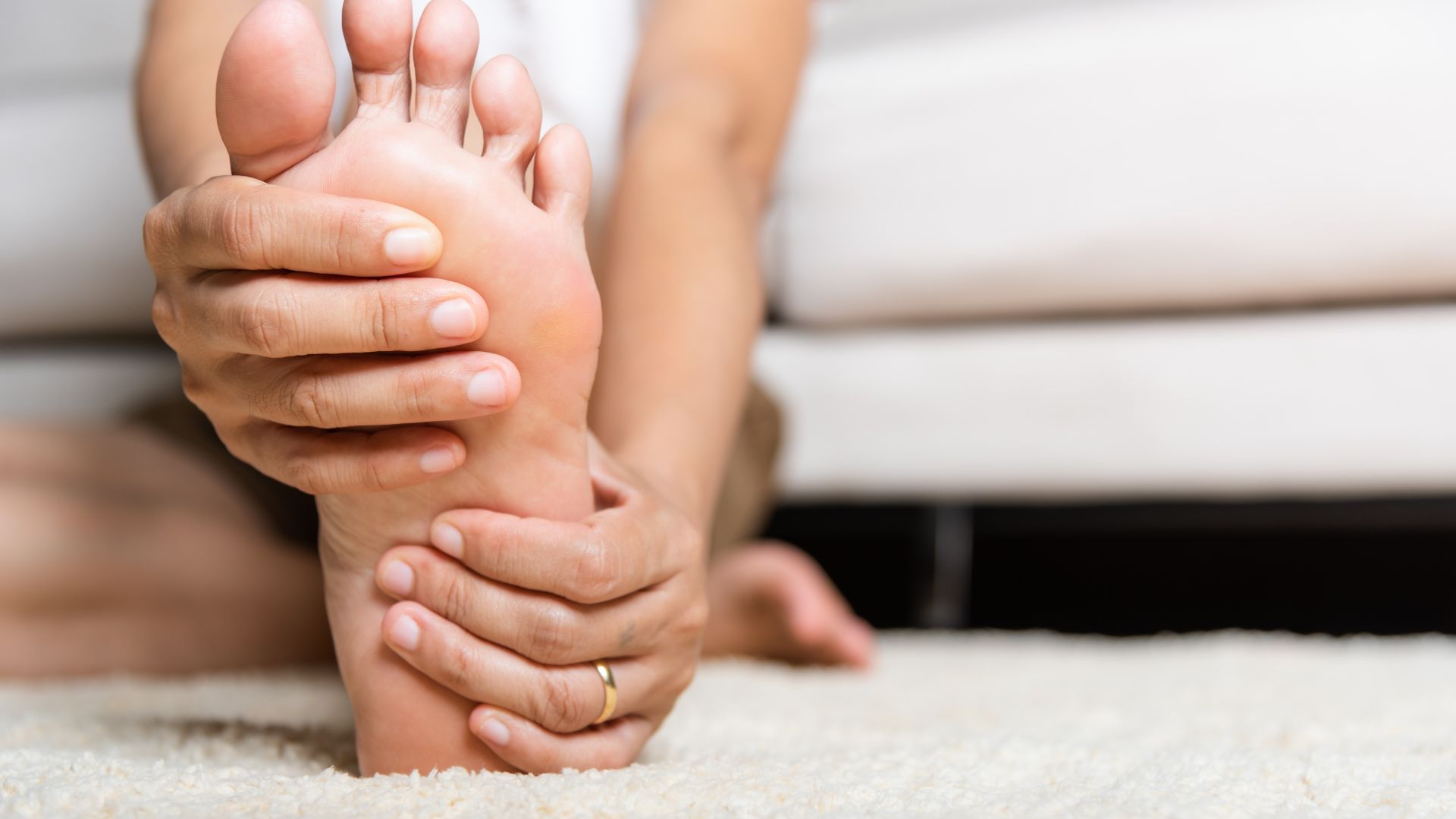
At The Foot Practice, we offer a comprehensive solution for diagnosing and managing conditions like stress fractures with our best-in-class pressure sensor treadmill and intuitive analytical software, developing a personalised plan to manage your injury.
Foot and Ankle Nerve Pain
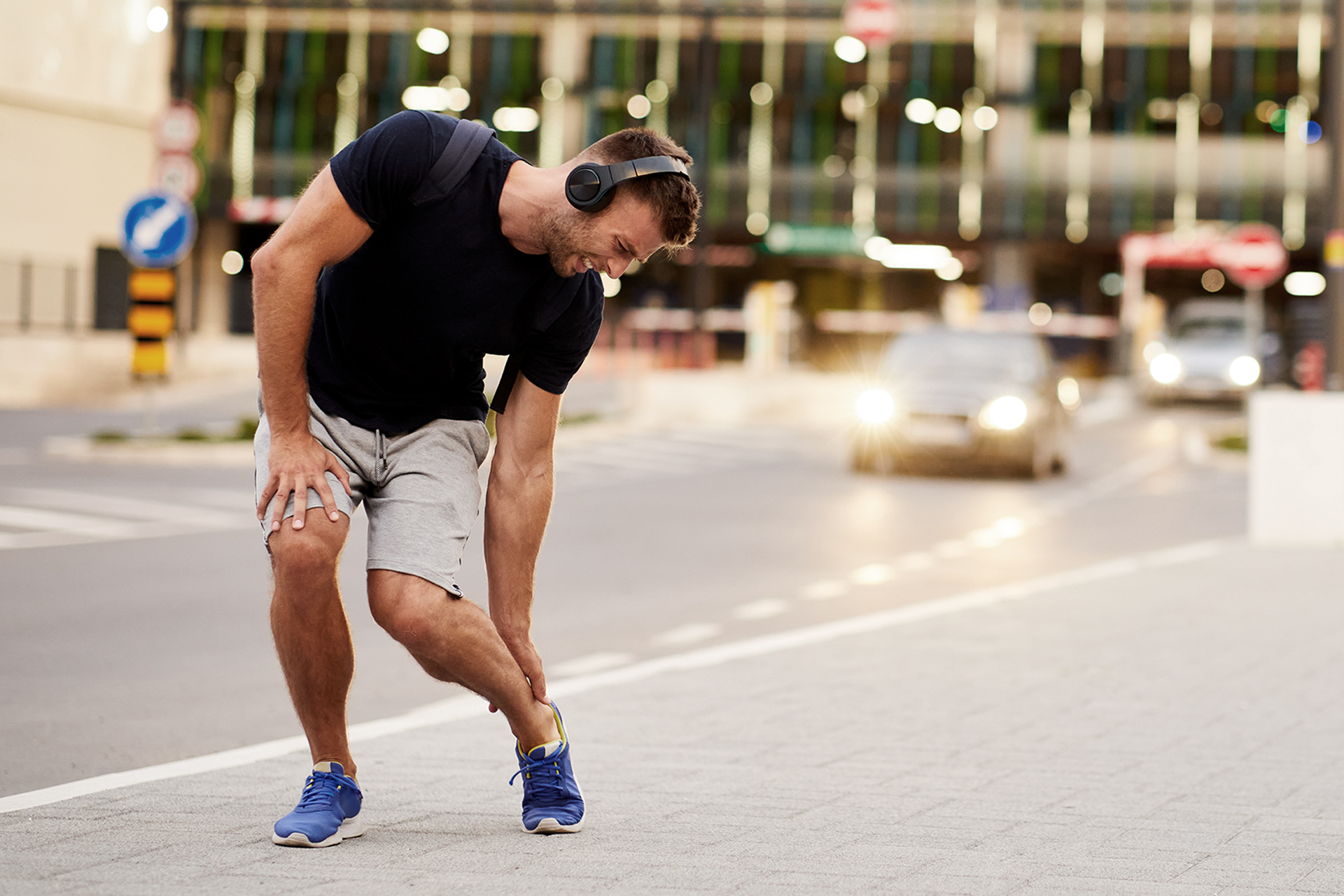
Foot and ankle nerve pain management begins with an accurate diagnosis at The Foot Practice to prevent long-term nerve damage. Explore conservative options to manage foot neuritis if you suspect you have symptom.
Sesamoiditis
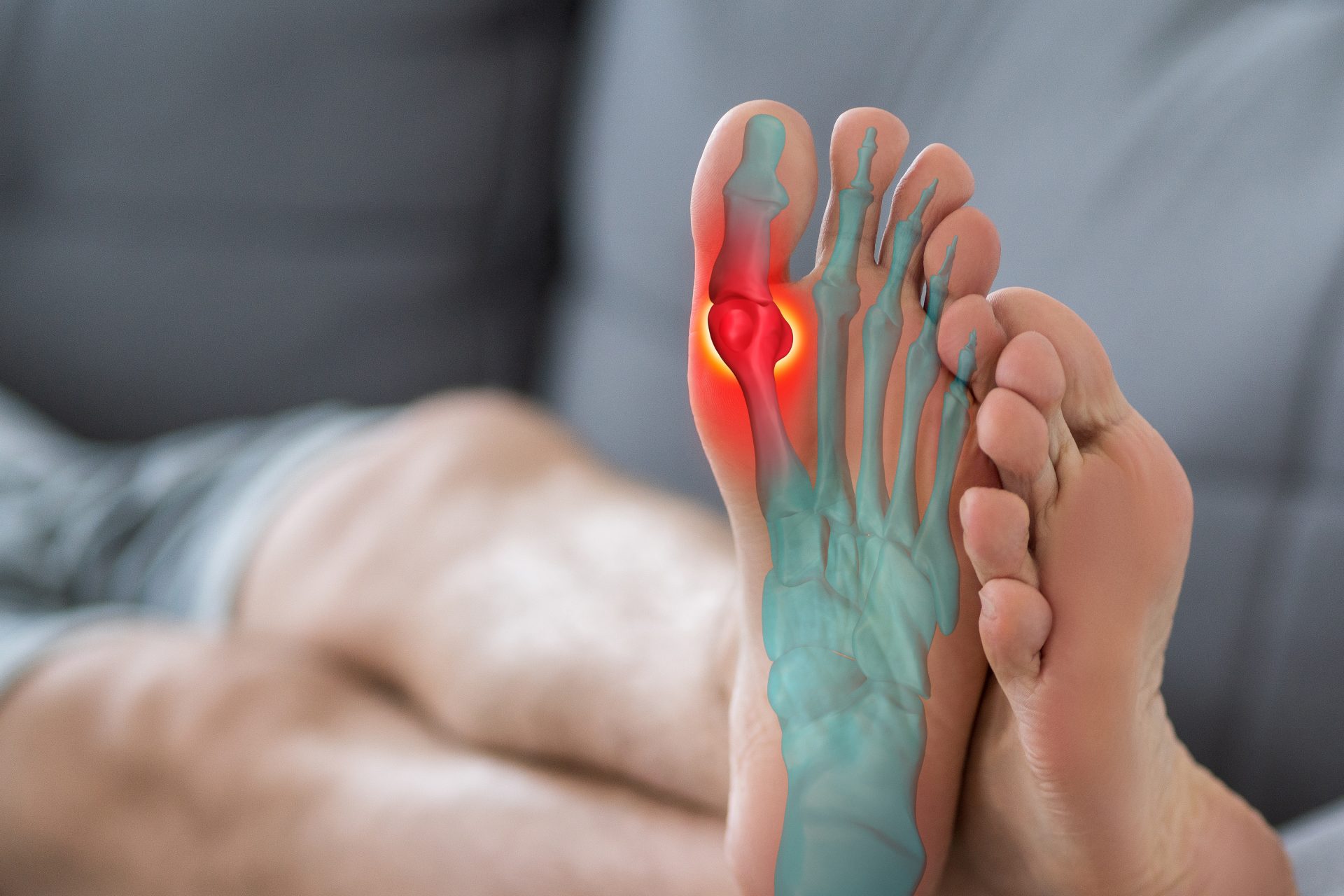
Sesamoiditis is a painful condition around the sesamoid bones that are located near the ball of your foot, at the base of your big toe. The condition can present with or without inflammation. Pain can be debilitating as your forefoot supports your body weight during daily activities such as walking. If you run or dance, this chronic overuse condition can hinder your ability to participate in these sports. Proper sesamoiditis foot treatment heavily depends on accurate diagnoses — rehabilitation plans differ based upon the root cause — to aid in your recovery to restore optimal foot function.
Adult Pigeon-Toed Gait
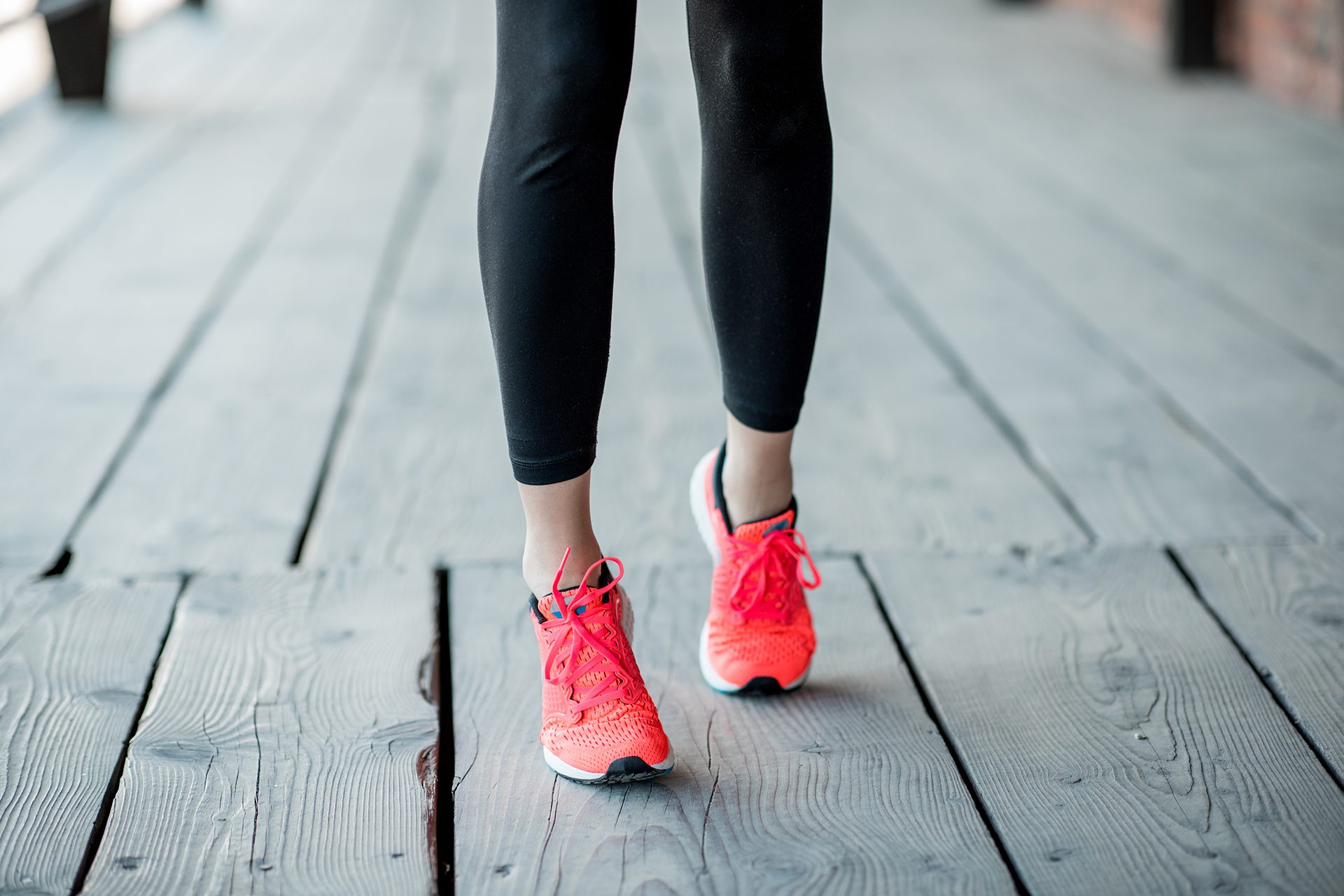
Pigeon toes are more common in children than in adults. When the condition continues into adulthood, or is due to a repetitive dysfunction, diagnosing and treating the root cause of pigeon toes in adults can help to alleviate any pain and discomfort. In most adults, noninvasive treatment at The Foot Practice from a 3D gait analysis to prescribed custom insoles combined with mobilisation exercises are often effective to correct pigeon toes when walking or running, and address related pain symptoms.
Management of Heel Spurs
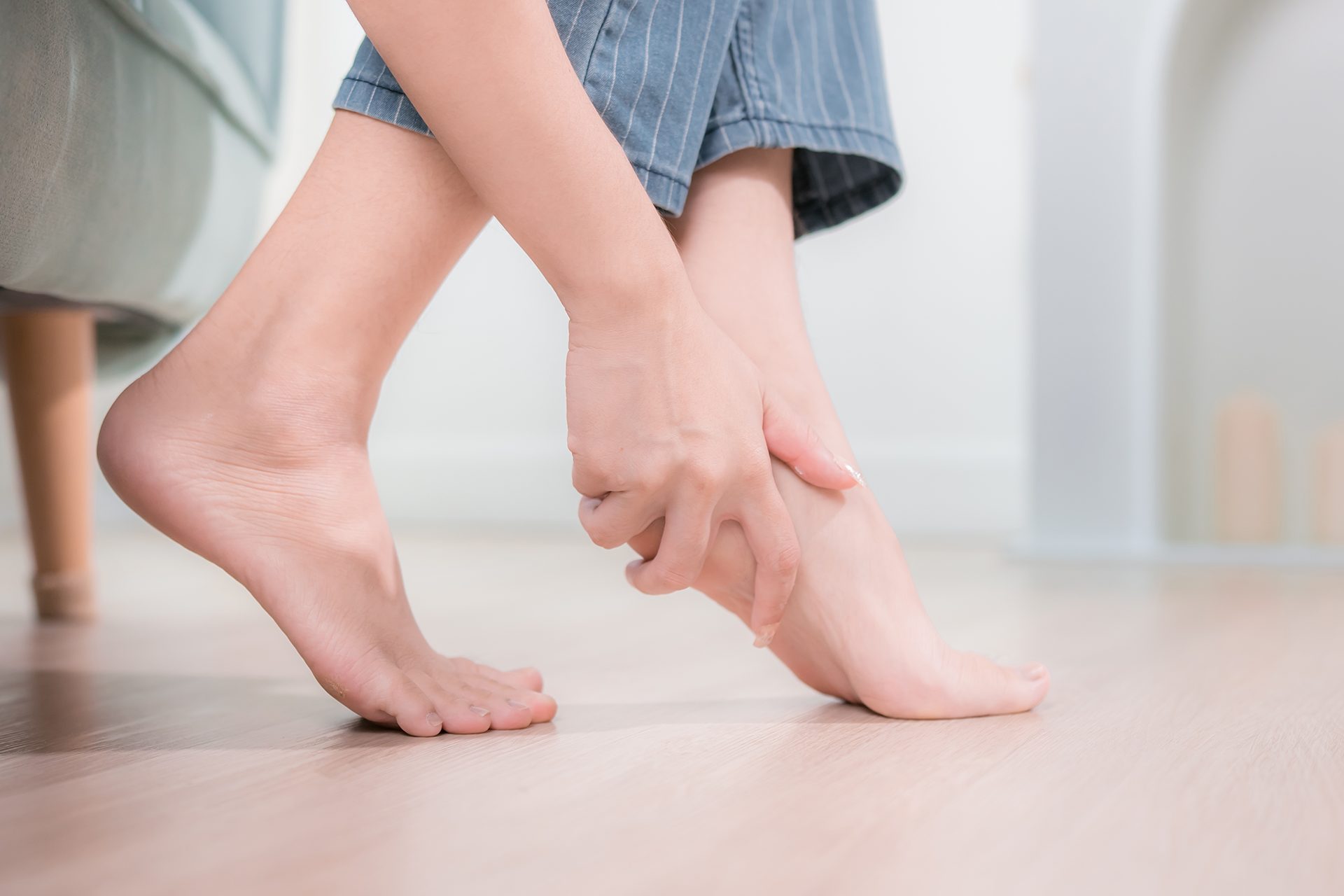
In the large majority of cases, pain in the heel can be simply treated by conservative and noninvasive podiatry heel spur treatments. Heel spurs, medically-known as calcaneal spurs, are calcium deposits that form at the end of the heel bone from repeated impact and stress over a period of time.
People with pain in the heel often do not experience plantar fascia pain directly related to the heel spur, but rather the pain is a result of other inflammatory and degenerative conditions such as plantar fasciitis, Achilles tendonitis, and osteoarthritis. The painful condition can also be caused by chronic inflammatory or degenerative nerve conditions like Tarsal Tunnel Syndrome and diabetic neuropathy.
Podiatry Gout Treatment and Prevention
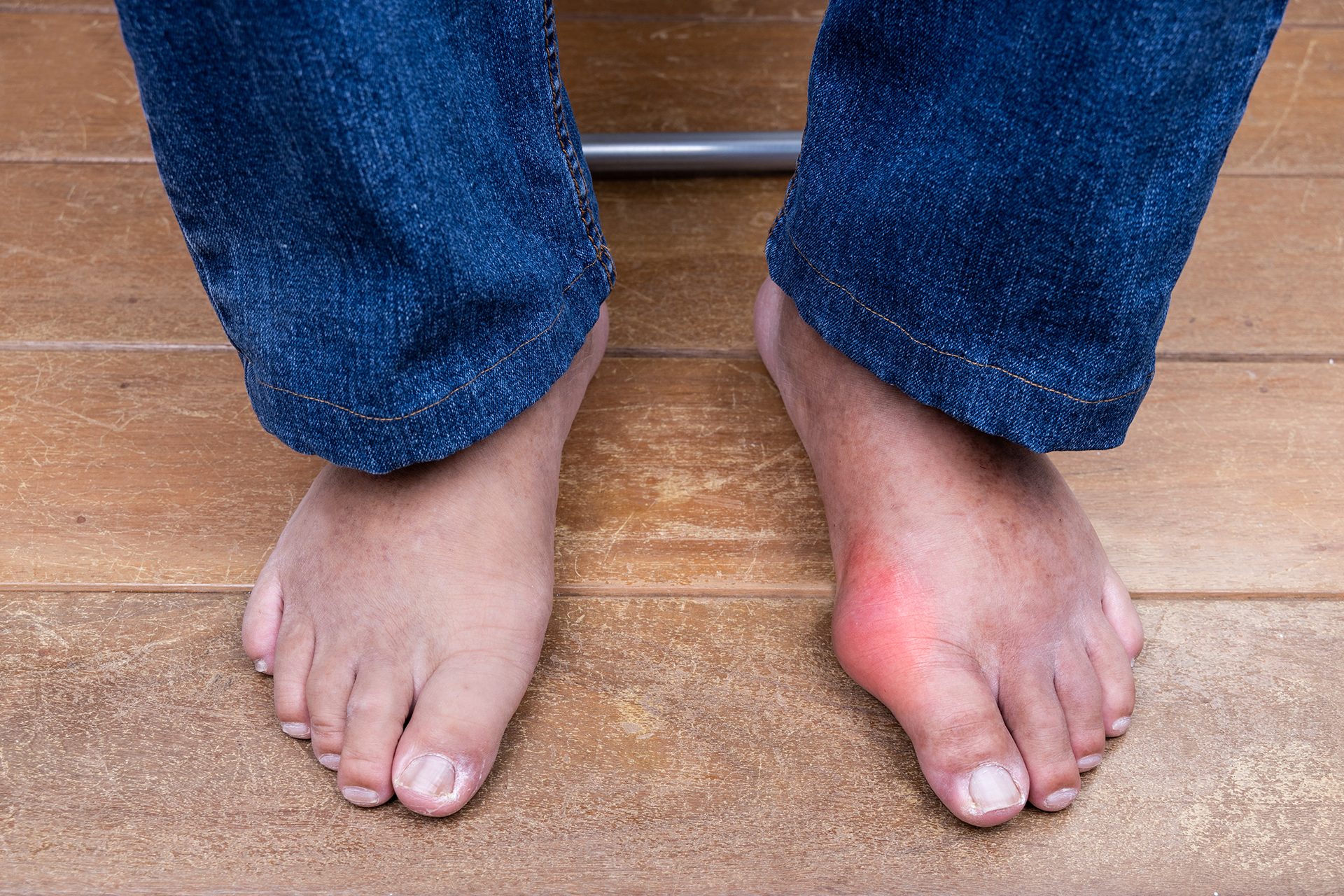
Gout is an inflammatory arthritic condition caused by the build-up of crystallized uric acid in joints. Although the painful condition can develop elsewhere in the body, such as in the ankles, knees, or wrists, it is most common in the feet. Often painful, the condition impedes the ability to stand, walk, or move about freely. Gout attack treatment can be highly effective during periods of intense pain, swelling, and stiffness that can last up to several days — frequently at the base of your big toe.
Left untreated, it can lead to a more serious condition called tophi. If you’re experiencing these symptoms, proper assessment and conservative podiatric gout treatment in feet, ankles, and the knees can decrease the severity of the lower limb condition and the likelihood of gout attacks to restore optimal joint function.
Hallux Valgus

Hallux valgus is one of the most common, progressive, and bilateral foot deformities of the first the bone in the foot just behind the big toe that can lead to debilitating pain and disability. It occurs most commonly due to loss of arch height, which results in increased weight bearing on the great toe joint.
Heel Pain
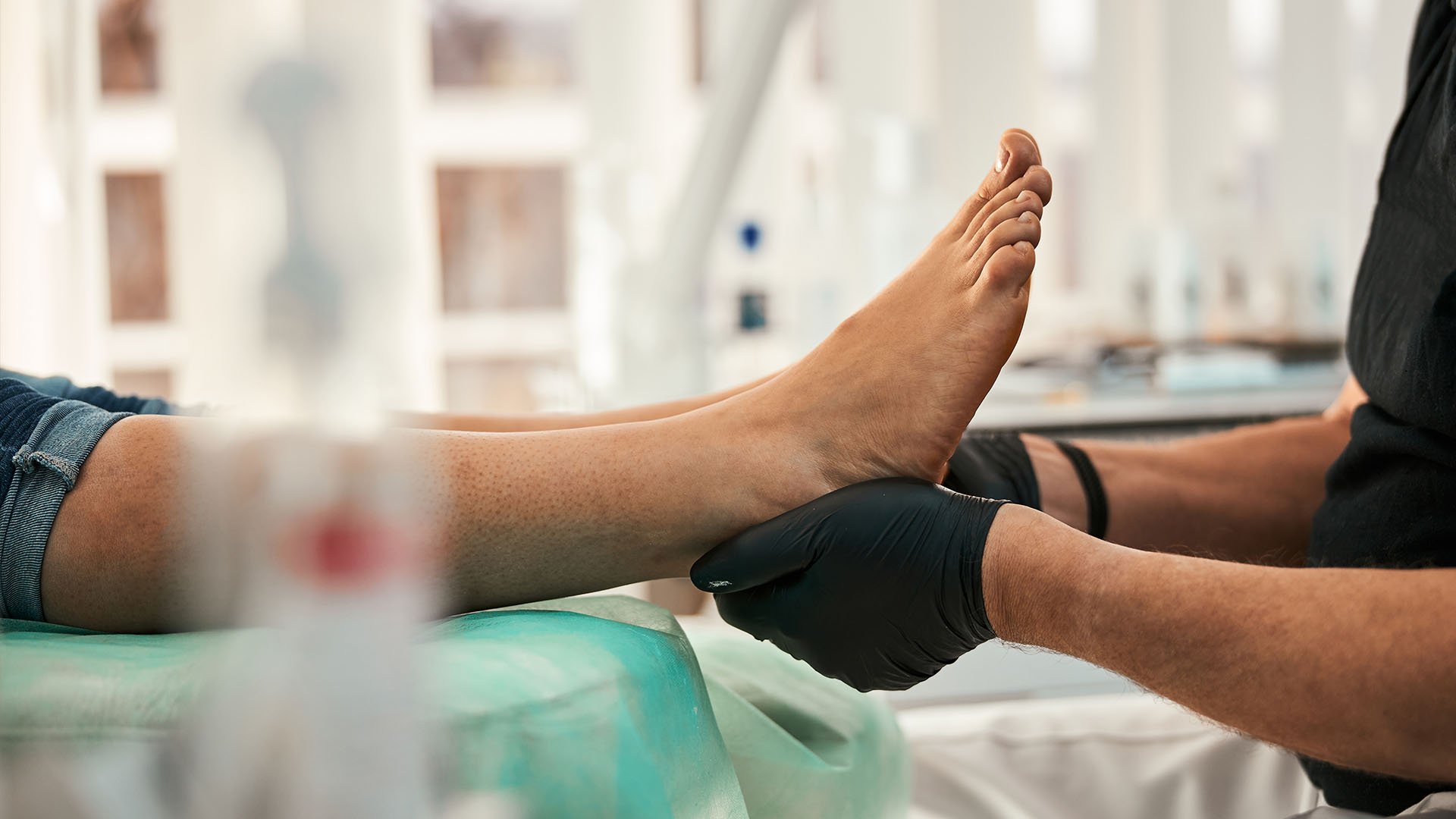
Heel pain is very common. Fortunately, it can get better without treatment (including surgery) if you allow the heel to rest. On the other hand, some people ignore early heel pain and continue to walk or run on the heel until it becomes impossible to do so without pain. The pain can even be present when you are not on the foot, leading to chronic pain that affects many of your daily activities.
